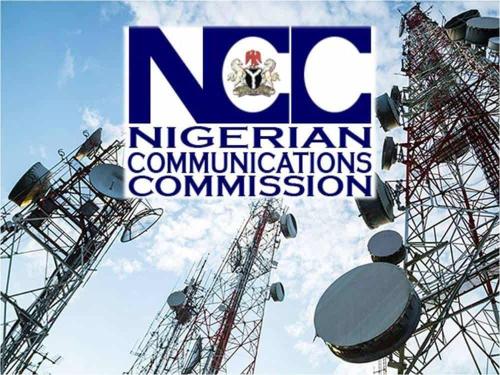BUSINESS

NCC RALLIES EXPERTS, COMMUNITIES TO FIX NIGERIA’S RURAL CONNECTIVITY GAPS
In a bold move to bridge the digital divide and bring meaningful internet access to Nigeria’s most remote communities, the Nigerian Communications Commission (NCC) has teamed up with the Association for Progressive Communications (APC) and several key stakeholders to tackle the persistent challenges of rural network connectivity.
The effort came to life through a two-day strategic workshop held in Abuja on June 3 and 4, 2025, aimed at designing a workable policy framework that enables community networks and supports sustainable connectivity models for underserved and unserved regions.
According to a statement signed by Mrs. Nnenna Ukoha, Acting Head of Public Affairs at NCC, the event brought together a wide mix of participants — from regulators and community leaders to tech experts and international investors — to examine the policy and regulatory hurdles that have historically stifled rural access.
A Collaborative Push for Inclusive Connectivity
Speaking at the workshop, NCC Executive Vice Chairman, Dr. Aminu Maida (represented by Abraham Oshadami, Executive Commissioner, Technical Services), emphasized that digital inclusion is no longer optional — it’s essential.
“This workshop gives us the opportunity to harness the collective expertise, insights, and ideas of everyone here — from regulatory bodies to community leaders and foreign investors,” Maida said.
“We must work together to address core challenges like affordability, licensing, spectrum allocation, sustainable energy solutions, and infrastructure.”
Maida noted that NCC is deeply committed to ensuring every Nigerian has meaningful digital access, regardless of where they live or their economic status.
“Community networks are not just an option — they’re a transformative tool in bringing the internet to places the traditional models can’t reach,” he added.
“This event marks a turning point and we see it as a catalyst for lasting change.”
Bottom-Up Solutions for a Connected Future
Also speaking at the event was Kathleen Diga, Co-Manager of APC’s LocNet initiative, who highlighted the importance of bottom-up, community-driven solutions.
“This is a space for open dialogue and real solutions,” she said.
“We need to empower local communities, cooperatives, and small enterprises that are already trying to fill in the digital gaps left behind.”
Diga emphasized that community-centered connectivity is already gaining traction in the Global South, serving as a strategic response to digital exclusion — and Nigeria has an opportunity to learn, adapt, and scale these efforts.
What’s Next?
The workshop featured key presentations from the NCC, the Association for Progressive Communications, and other agencies such as the Rural Electrification Agency (REA) and the Central Bank of Nigeria (CBN) — all aligned on creating a joint policy framework that encourages growth in rural digital ecosystems.
The APC, which has been pushing for digital inclusion globally for over 35 years, is working through its LocNet initiative to craft an inclusive, community-friendly regulatory structure in Nigeria.
Final Thoughts
As Nigeria continues its digital transformation journey, initiatives like this one — that promote grassroots innovation, cross-sector collaboration, and sustainable funding models — could be the game-changer for rural Nigeria.
If well-executed, this collaboration might not just bridge the connectivity gap, but also unlock massive socio-economic potential in places long left behind by the digital wave.
"This represents a significant development in our ongoing coverage of current events."— Editorial Board









